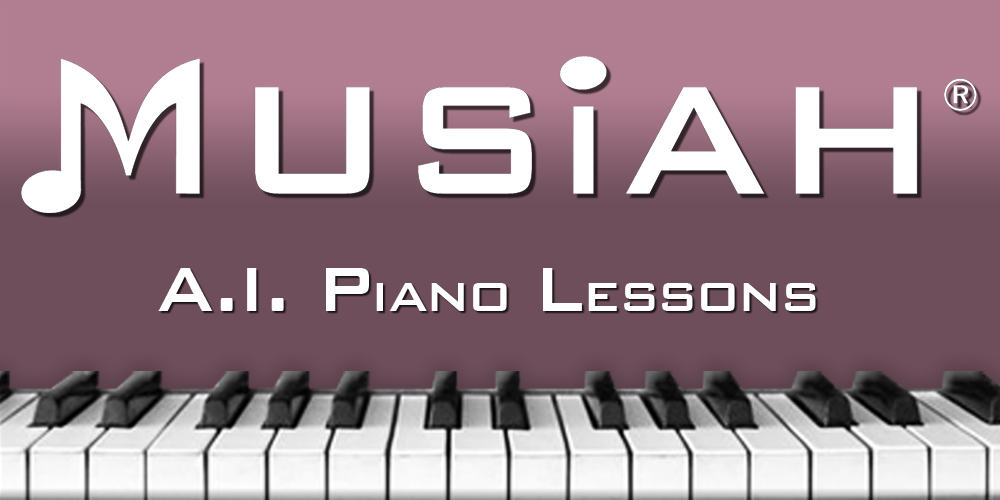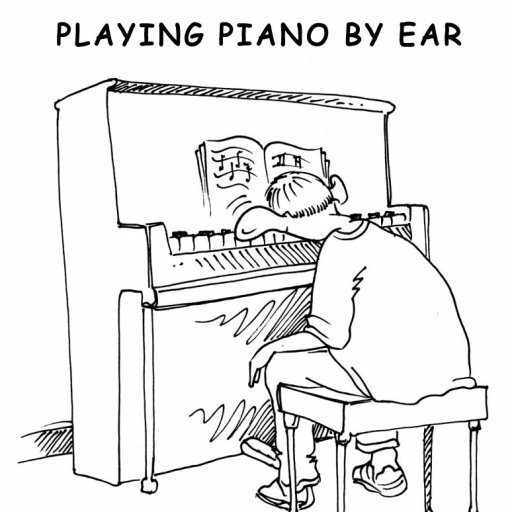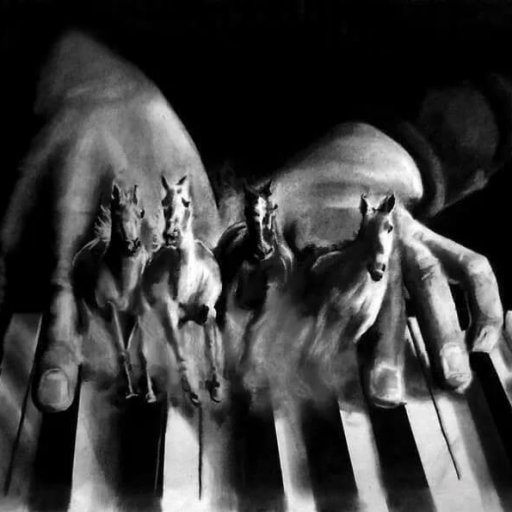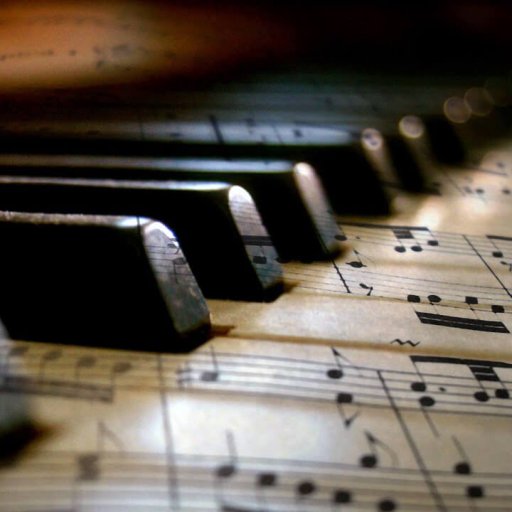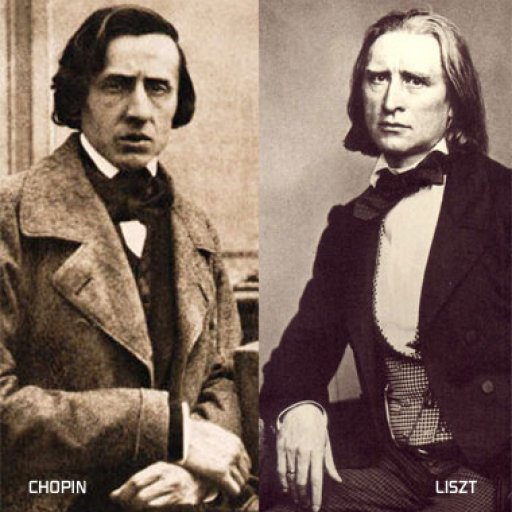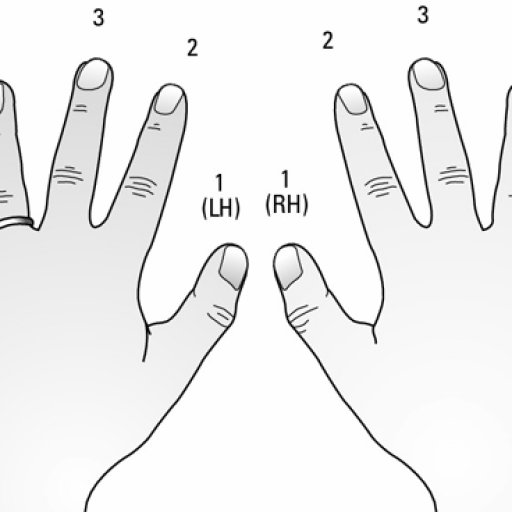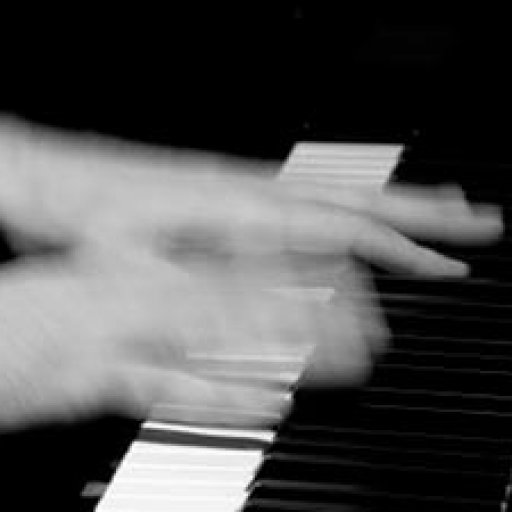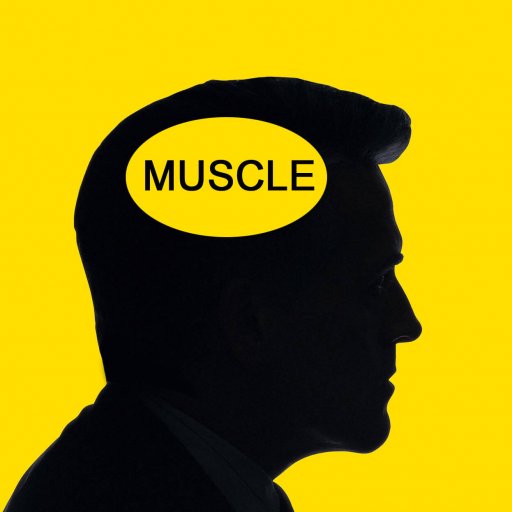How To Learn Piano Songs Fast And Memorize Them Like A Pro
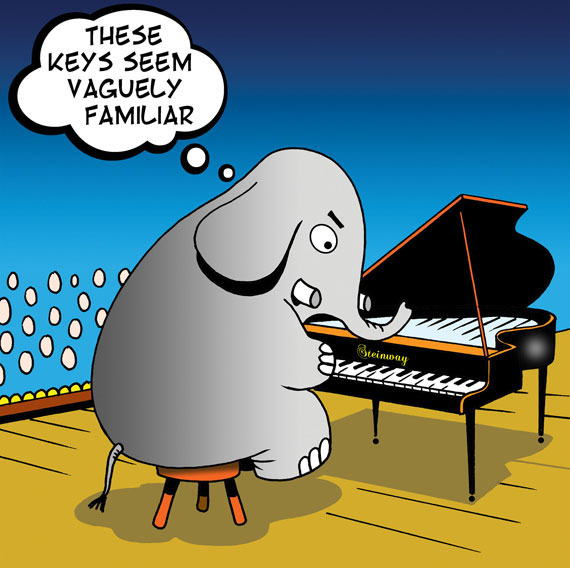
What is the best way to learn piano songs fast?
Students often ask me what is the best way to learn piano songs fast, and in particular, whether the Musiah piano method has any special techniques to help with this.
The answer is, of course, yes. The Musiah method has many techniques that form a holistic approach to help you learn piano songs both efficiently and deeply.
Let's break the learning process down into two main parts.
1) How to efficiently learn the notes of a song and master the ability to play it.
And then,
2) How to deeply memorize a song so you can play it like a concert pianist with absolute confidence without having to look at the sheet music.
Part 1: Learning To Read & Play Piano Songs Faster – the Musiah way
When introducing students to a new song, many piano teachers will take them all the way through the right hand of the song from the beginning to the end, then all the way through the left hand.
And then the teacher will say to the student (rather unhelpfully), “try both hands together at home for next week”.
This is inefficient and ineffective as the student (at the end of the lesson) has no idea what it will be like to attempt to put the two hands together on their own at home, and has not been given any direction by the piano teacher in terms of how to go about putting the two hands together efficiently and systematically.
In fact, one of the most common laments of most piano teachers is that they wish their students would practice more — yet it rarely occurs to them to teach their students a system of how to practice and learn new songs.
But I digress.
In a piano lesson, it is much more efficient and effective to teach students an easy system they can use to learn or practice any song as follows:
- Segment the music into bite-size chunks, i.e. initially just take a small segment of the song, say 1-2 bars and, going as slowly as you like, practice the left hand about 5 times just in that segment.
- Then, when you can comfortably play the left hand, do the right hand about 5 times until you can comfortably play it.
- Then try both hands about 5 times or until you are comfortable at your own tempo. Then do it a few more times, very gradually increasing the tempo each time — just in that segment.
Now that you have completed the first 1-2 bars, move on to the next 1-2 bar segment and repeat the process.
This way, even if the student only gets to learn 1 or 2 segments (with both hands) in the lesson, at least they have gained the confidence that comes from experiencing for themselves what it is like to play a portion of the song with both hands while at their lesson.
And they have been shown an easy, effective system they can use to continue learning subsequent segments of the song at home.
To summarize this system of learning piano songs:
Take a small segment of 1-2 bars; practice the Left Hand 5 times, Right Hand 5 times, then Both Hands 5 times.
This learning technique is just one example of many simple but well thought-through approaches that comprise the Musiah piano method.
These are techniques that anyone can use — both piano teachers and students — to boost student progress and greatly enhance a student’s ability to rapidly learn and memorize a piano song both during a piano lesson and later when practicing at home.
Part 2: Memorizing Piano Songs Deeply Like A Pro
What is the best way to memorize a piano song?
For example;
- Testing your memory by covering up the sheet music and trying to play small chunks at a time?
- Trying to remember the song from the way it sounds (i.e. by ear)?
- Trying to remember the fingering patterns / physical movements required to play the song?
- Singing through the song in your head?
- Studying the sheet music carefully away from the piano?
One could say that it’s a combination of all these different approaches. But actually, these examples are just the tip of the iceberg.
Last night, as I was trying to memorize a Chopin Prelude I hadn’t played for some years, I started thinking about this on a deeper level.
Chopin is my favorite of the classical composers, but one of the challenges I find with Chopin is his songs are often harder to memorize than most because Chopin often has several iterations of a theme that are very similar to each other but with small, subtle differences from one iteration of a theme to the next.
So it’s very easy to get mixed up from one section to the next. (Did a particular ornamentation occur in the third or fourth iteration of that theme?)
So what is the solution? How do you memorize piano songs in great detail so you can reliably, securely perform them with the confidence of a concert pianist?
The answer is… OBSERVATION — CAREFUL OBSERVATION.
Just because you can play a piano song (with the sheet music) doesn’t mean you know it.
Now you can of course do the basic things like memorizing it in small sections, then checking the sheet music.
And perhaps when you’re playing it on your own at home, this may seem like enough.
But when you’re playing it on stage, battling nerves, etc. and someone in the audience coughs, farts, has a heart attack, or maybe their phone rings… basic memorization is not going to be enough to maintain your focus and get you through the performance.
In fact, most memory lapses (by performers on stage) are not memory lapses at all… they are lapses in concentration — which I’ll return to later. But first…
How To Memorize Piano Songs For Performances
To memorize piano songs deeply and thoroughly you need to carefully observe and memorize what is happening at each moment throughout the song on a number of different levels.
(Note: Initially focus on just one of the following steps at any given time).
After you have done your basic memorization, i.e. memorized the sequence of the notes for each hand separately as well as with both hands together, do each of the following steps:
Step 1 — Note the harmonies
Looking at the sheet music, SLOWLY play through the song several times taking careful note of the harmonies (what chords / intervals are being played at each moment throughout the song).
Then test yourself (in small sections if necessary) by seeing whether you can remember at each moment (without looking at the sheet music) what chord / interval is coming up next?
Step 2 — Note the sequence of physical movements
Then, looking at the sheet music, SLOWLY play through the song several times taking note of the sequence of physical movements — changes in fingering / hand position and wrist / arm movements.
Then test yourself (in small sections if necessary)… Can you remember at each moment (without looking at the sheet music) what physical movements, changes in fingering, hand position, etc. are coming up next?
Step 3 — Memorize it by ear
Then, looking at the sheet music, SLOWLY play through the song several times playing by ear, by which I mean at each moment imagining the sound of the next notes / chords just ahead of when you play them.
Then test yourself again (in small sections if necessary)… Can you at each moment (without looking at the sheet music) ‘hear in your inner ear’ the sound of the notes / chords that are coming up next?
Step 4 — Observe the other details
Then, looking at the sheet music, SLOWLY play though the song several times observing anything else on the score not covered in steps 1-3 — details of dynamics, phrasing, tempo indications, accents, etc.
Then test yourself again… Can you remember at each moment (without looking at the sheet music) what ‘other details’ (changes in dynamics, etc.) are coming up next?
Step 5 — Go silently through the sheet music
By now, you think you know the song inside out and so we must therefore be close to finishing???… Not quite.
Now move away from the piano and SLOWLY look through the sheet music SILENTLY, playing the song slowly in your head (not on the piano keyboard).
Take note of every detail you have studied so far.
As you look through the sheet music, can you hear each note / chord? Are you seeing in your mind’s eye each sequence of harmonies unfold, the sequence of physical movements of your hands on the keyboard, the details of the phrasing?
Step 6 — Go silently through the sheet music with your eyes closed
OK, good. Now close the book and closing your eyes, repeat Step 5.
Can you see each event on the sheet music in your mind’s eye? Can you visualize each physical movement of your hands on the keyboard? Hear the sound of each note / chord in your head? Do you know at each moment of your ‘inner performance’ what chord is coming up next?
OK, now you’re almost done.
The fact is, by memorizing the song on so many different levels, you are extremely unlikely to genuinely forget any part of the song.
Even if you forget (at a given point) the notes that are coming up next — if you have memorized and can play the song;
- by ear
- by chords
- by the sequence of hand movements
- by visualizing each bar of the sheet music, etc.
... you will still know and be able to play that part of the song you would otherwise have ‘forgotten’.
However, there is just one last step before you’re ready to reliably perform; and that is – preparing for distractions.
How To Prepare For Distractions During Piano Performances
Distractions are what lead to lapses in concentration, which the audience will incorrectly perceive as memory lapses.
To prepare for and prevent this, turn up the tv or radio really loudly and go back to your piano keyboard.
Now (without looking at the sheet music), SLOWLY deliberately play the song, savoring each event… relishing your knowledge of all the different levels of every moment of the song.
Be in the moment. Ignore the din of the tv or radio.
If there is construction work going on next store, great. Relish the distraction training this provides.
In fact, if you can get hold of a recording of some drilling, banging or hammering from a construction site and play this really loudly while you test your memory, this is ideal.
If your family are home, ask them to make some noise in the background, open and close doors, clang some pots and pans together, enter and leave the room randomly, etc.
NOTE: At each point in the article I have emphasized the word “SLOWLY”. Practicing a song (learning the notes and how to play it) and memorizing it should be treated separately.
The purpose of going slowly while memorizing a song is to give yourself time to think… time to deeply register each event into every fiber of your being.
Once you have finished memorizing it, you can of course play it at full tempo.
And there you have it folks… Now you’re ready to perform!
-----------------------------------------
Just to put the above in context, what I have just briefly described is the sort of advanced preparation a concert pianist might undertake before going on stage to perform.
If you’re a beginner piano student, or if you’re happy playing on your own at home with the sheet music in front of you, it's fine to start off with Part 1 (above), learning piano songs in small segments.
If you are an intermediate or advanced student seeking to enhance your performing abilities, the above memorization suggestions are definitely well worth trying.
And lastly, whether you (dear reader) are a beginner in search of well-rounded holistic piano lessons or a more advanced student keen to learn some original (perhaps even slightly unorthodox) techniques, Musiah piano lessons offer you instruction of quality and substance at unbeatable value.
We even have a No Risk FREE Piano Lessons 14 DAY Trial Offer.
So I urge you take this opportunity to experience Musiah piano lessons for yourself today.
There is no cost, no risk and no pressure. Just a really great opportunity to see if online piano lessons with Musiah are right for you.
I hope you found this article helpful, and thanks for reading.
Brendan Hogan L.Mus.A, A.Mus.A.
Piano Teacher & Musiah Inventor
Start a Musiah 14 Day Free Trial
P.S. Please help us spread the word about Musiah Piano Lessons by sharing this article.
RECOMMENDED ARTICLES
Online Piano lessons – Do They Work?
Piano Lessons For Adults
Piano Lessons For Kids
Piano Lessons For Beginners
Advanced Piano Lessons
Free Piano Lessons (on piano technique)
The Best Piano Method
The Best Piano Learning App
Learning To Play Piano As An Adult – Why it's easier than you think!
